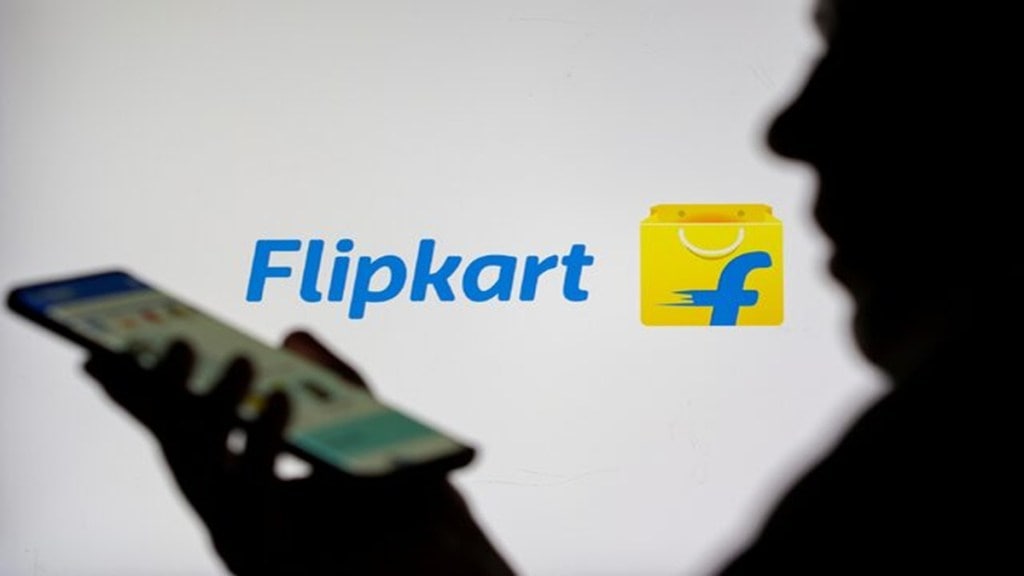Several sellers of Flipkart are up in arms over a recent practice adopted by the e-commerce major, which they allege offers preferential treatment to a group of big sellers, referred to as alpha sellers, in terms of pricing of their products and commission rates.
The sellers have alleged that the practice, which in trade terms is referred to as ‘Pareto Flattening’, is a gross violation of the government’s Press Note 2, which prohibits marketplace e-commerce platforms from influencing product prices.
According to them, for its alpha sellers, Flipkart has rolled out a scheme under which it will waive the listing commission if they adjust their product prices according to its preference. The listing commission is typically in the range of 2-5% of the product price. Further, once the product is sold, the sellers would not have to pay any commission charge to Flipkart. The commission charge in the latter case ranges from 8-15% of the product price. In short, for such alpha sellers, the platform would be waiving off all commission charges.
When contacted, a Flipkart spokesperson said: “To offer sellers on our marketplace platform more value, we have reduced the commissions charged on certain categories”. Denying any discriminatory practice, or violation of regulatory norms, it said that the pricing of products is decided by the sellers.
Industry sources said that the gain for Flipkart is threefold. One, the volume of products sold on its platform would increase manifold as it would be in a position to offer higher discounts. Secondly, it would be able to position itself as a platform which maximises consumer benefit, and thirdly, since it’s looking at an initial public offering (IPO), higher volumes would be viewed favourably by the investors.
However, analysts said that if the matter is escalated by the sellers left out, Flipkart may get into regulatory trouble.
This is because Press Note 2 (2018) issued by the government prohibits platforms like Flipkart and Amazon from influencing prices, giving preferential treatment, or offering deep discounts selectively through certain sellers. According to the regulations, marketplaces must provide a level playing field for all sellers through a fair and non-discriminatory treatment of sellers. PN 2 also prohibits e-commerce platforms from owning equity or having control over the inventory of sellers on their platform. If a seller’s inventory is more than 25% sourced from a marketplace entity or its group companies, it will be deemed an inventory-based model, which is prohibited.
In November 2024, the Enforcement Directorate had conducted searches against some of the sellers of Amazon and Flipkart, for alleged violation of foreign investment norms, and prevention of money laundering Act (PMLA).
The fair trade regulator has also ordered the probe into Flipkart and Amazon following allegations of malpractices, including deep discounting and tie-ups with preferred sellers on their platforms. The CCI’s probe order came after a complaint by the Delhi Vyapar Mahasang, whose members comprise many traders of smartphones and related accessories.
In January, the Supreme Court transferred to Karnataka High Court all petitions filed by the two companies challenging the CCI order for the probe.
